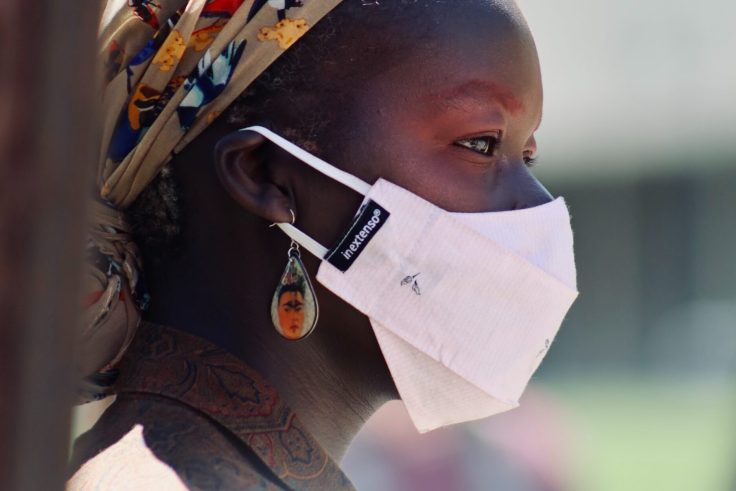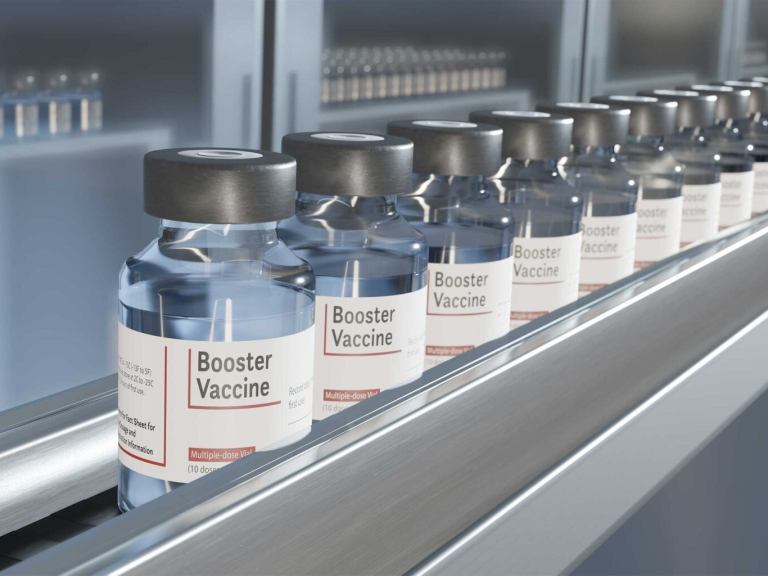The Pandemic Years
The Pandemic Years
Living through a pandemic for more than two years has highlighted how connected we are, how resilient we can be, and how far we still have to go for an equitable world.
The next chapter
Experts explore global health equity, relaxing restrictions, and the evolution of the contagion.
Read more from Harvard Medical SchoolHealth care heroes
From pioneering vaccine research to providing life-saving care, these Harvard community members, along with countless others around the world, rose to the challenge of this pandemic.
Kizzmekia Corbett
She played a key role in developing the Moderna COVID-19 vaccine. Now at the Harvard Chan School, she’s turning to the pathogens that may spark the next pandemic.
Rochelle Walensky
Rochelle Walensky, who became an expert in viral testing, prevention, and treatment through her work against AIDS, was appointed director of the Centers for Disease Control and Prevention in December of 2020.
Dan Barouch
Dan Barouch, a Harvard Medical School professor and researcher, was recognized for his work on one of three vaccines against COVID-19 approved for use in the U.S.
Marcella Alsan
Marcella Alsan, the first serving professor at Harvard Kennedy School to win the MacArthur “genius grant,” recently investigated health inequities during the COVID-19 pandemic.
Anthony Fauci
Throughout the pandemic, Anthony Fauci spoke at many Harvard events, helping people understand the virus, the vaccine, and more.
Frontline workers
Fourteen nurses working at four Harvard-affiliated hospitals reflect on life and working during the COVID-19 pandemic.
The heroes behind the heroes
When Harvard officials transitioned the University to remote learning in the spring of 2020, there were some people who needed to stay.
Addressing inequities
The COVID-19 pandemic impacted communities across the globe in different ways. Disparities in healthcare, resources, and economic support became more evident as the virus progressed.

Racial disparities
With the spread of COVID, “racism—not race—is the risk factor,” said Aaron Bernstein, interim director of the Center for Climate, Health, and the Global Environment.
Racial disparitiesIncarcerated persons
Citing the threat of COVID-19, researchers urged policy changes to ease prison crowding.

Native American community
COVID-19 took a disproportionate toll on tribes’ health and economy.

Latin Americans
In Latin America, COVID-19 killed more than a million people, fueled recession, and unleashed political upheaval.

COVID-19 revisited
As we slowly move toward a post-pandemic world, it can be helpful to look back at the major moments to better understand the past and ensure a safer future.

January 2020
The outbreak
Professor of Epidemiology Marc Lipsitch talked about the growing number of coronavirus cases around the world.

November 2020
The vaccines
Harvard Chan School Professor Barry Bloom offered insight on the two COVID mRNA vaccines.

July 2021
The delta variant
William Hanage, associate professor of epidemiology, discussed the rapidly spreading variant.

November 2021
The boosters
Harvard Medical School’s Jonathan Abraham shared insights on the science and history of vaccine boosters.

2022 and beyond
The future
A new study led by Harvard researchers models future SARS-CoV-2 mutations and forecasts their ability to evade immune defenses developed by vaccines and antibody-based treatments
Finding the positives
The Harvard Gazette asked experts in the fields of medicine, biology, public health, education, and religion for some silver linings in the coronavirus pandemic.
Michelle Williams
“The pandemic has forced a reckoning. No longer can any sector function without public health integrated into its DNA.”
Pamela Silver
“Lots more people are going to know what messenger RNA is, what an antibody is, and how the immune system works.”
Ingrid Theresa Katz
“We’ve seen a lot more reciprocity across borders, recognizing that this virus itself crosses borders, and therefore we need to be responsive in a way that doesn’t hem us in …”
Where do we go from here?
YOU MAY ALSO LIKE







